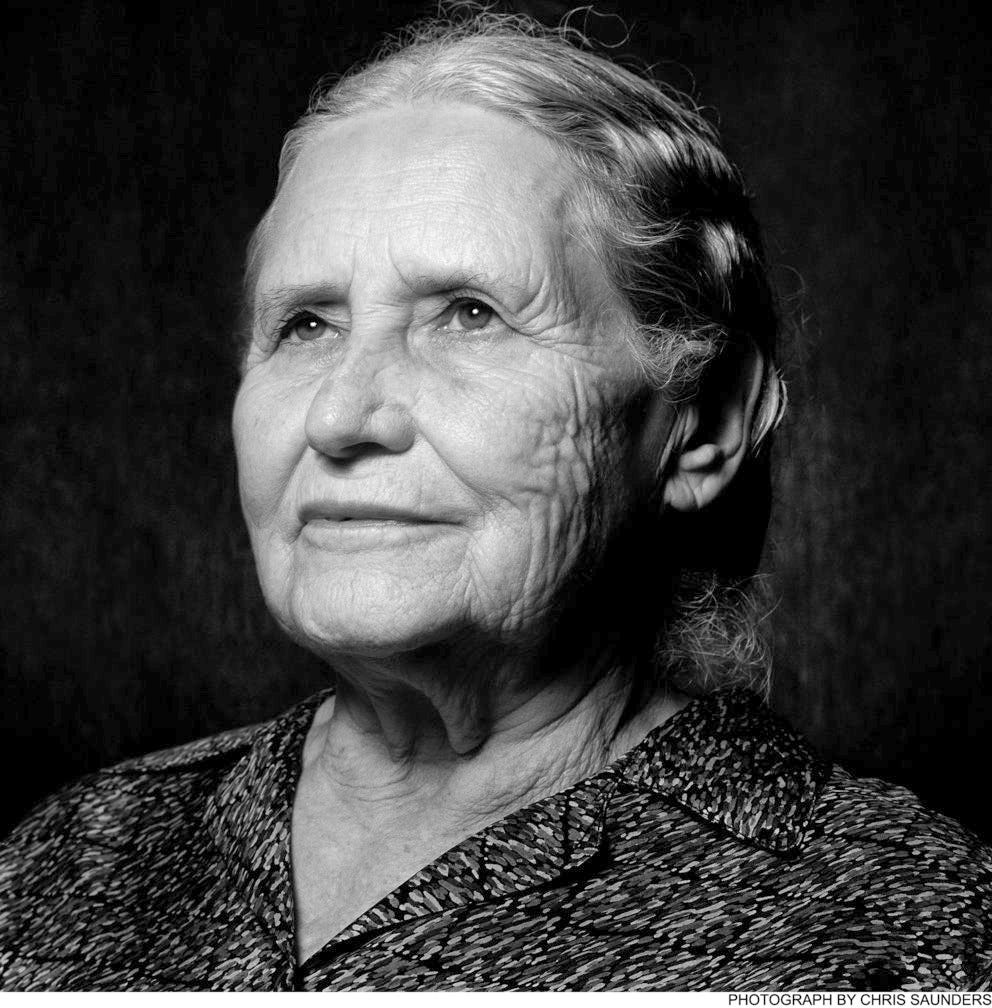Bonjour!
And bienvenue to the subscribers who’ve joined us via A Cup of Ambition. If you liked Jessica Wilen’s take on working parenthood on Evil Witches, you may also be interested in her insights in this piece I wrote about the blurring boundaries between family and work:
Now, here are my weekly Three Things that have made me think about about intrinsic motivation, and the reasons why we do the things we do.
1. Right-time reading
This quote by writer Doris Lessing echoes Daniel Pennac’s permission slip to read for our own reasons, rather than to to fit outside expectations.
There is only one way to read, which is to browse in libraries and bookshops, picking up books that attract you, reading only those, dropping them when they bore you, skipping the parts that drag—and never, never reading anything because you feel you ought, or because it is part of a trend or a movement. Remember that the book which bores you when you are twenty or thirty will open doors for you when you are forty or fifty—and vice versa. Don’t read a book out of its right time for you.
Source: The Golden Notebook, via James Clear

2. Stretching & contorting
I’ll gobble up anything Riz Ahmed makes. His phenomenal role in Sound of Metal (on Amazon Prime). His music. His stint as a Hamptons surf instructor in the final season of Girls. His Oscar-winning1 short film The Long Goodbye. This conversation with podcaster Maya Shankar:
I can relate to Ahmed’s chameleonic experience growing up in Britain—how he switched from speaking Urdu at home, to wearing a suit and tie at private school, or “skipping class to hang out with my boys”:
So I'm changing accents, changing costumes, playing these different characters. […] That's a skill, but it can rob you of a core...
He explains that he used this skill as an actor, to represent other people and communities, and is now trying to bring his multiple identities into his work:
I've always been driven by this idea, this mission of trying to stretch culture. And I realized that, actually, contorting yourself to fit into other people's ready-made moulds maybe doesn't stretch culture, as much as contributing a new mould, you know, bringing all of yourself to the table.
Earlier in the interview, Shankar recalls how an injury derailed her own musical career—like music fanatic Ruben in Sound of Metal, who comes to grips with sudden hearing loss. Shankar’s injury pushed her to see her identity as more malleable than she thought, and to better understand her own motivations. She says:
you have to figure out who you are outside of that one pursuit. […] I think if you'd asked me as a young kid, "What do you love about the violin?" I would have said, "Well, I love how it feels. I love how it sounds." Actually, what I loved, Riz, and maybe you can relate to this as an actor, is I could get on to a stage in front of thousands of strangers, and within moments, I could make them feel something that they had never felt before.
And that was so intoxicating and so powerful that when I realized, "Well, this is a trait of music that made me happy. I might have lost the violin, but let me try to find that trait elsewhere in other pursuits." Right? And so ultimately it's human connection that motivated me.
Shankar says this realisation led her to study cognitive science and later to podcasting. What I find fascinating though, is that she could also have quenched her thirst for human connection in a million other ways—by working as a psychologist or an estate agent, by volunteering at her local library or, I dunno, writing a newsletter and connecting with her readers. We can find satisfaction and meaning, not necessarily in specific tasks or settings, but in knowing what we’re after in the first place.
3. Five Reasons to Cry
This isn’t the title of a Netflix dramatic series, but that of an academic paper published in the journal Motivation and Emotion last month.
For over a century, several psychology researchers have tried to classify the reasons behind human tears2. In 1906 for example, Alvin Borgquist listed three reasons for emotional crying: grief or sadness, anger, and joy. Which, sure, say the authors of the recent taxonomy—a team from Ulm University in Germany and the University of Sussex in the UK. But are you sad because you remembered your grandma’s death, because you had a fight with a friend, or because you’re worrying about the future?
They propose the following classification3, based on the basic psychological needs under Self-Determination Theory:
The researchers asked about 300 German-speaking participants about their last crying episode in an online questionnaire, and found that there weren’t many happy tears:
Most crying episodes were overload-related (26%), followed by media (25%), loneliness (21%), impotence (13%) and harmony (4%). None of the episodes were success- or freedom-related.
So the team dropped the last two categories, and later validated the five remaining common triggers for adult crying in bigger studies.
This is one model—there are others out there, for example based on the psychology of personality rather than self-determination theory. And we can’t necessarily extrapolate the results to the rest of the world:
Given that we derived our taxonomy from psychological needs, which are assumed to be universal in humans, we expect that the structure—but not the prevalence—of the Five Reasons to Cry remains stable across cultures. This assumption, however, requires empirical investigation.
I for one cry copiously and would have a hard time recalling and analysing my last episode, but I will definitely pay attention next time.
“Winning an Oscar for THIS film of all films? It’s a lesson to make the thing you think you shouldn’t,” he wrote. Be warned, this is a tough watch.
I came up with the table summary myself—that’s not how the researchers present their taxonomy in the paper—and hope not to lose too much nuance in the process.






